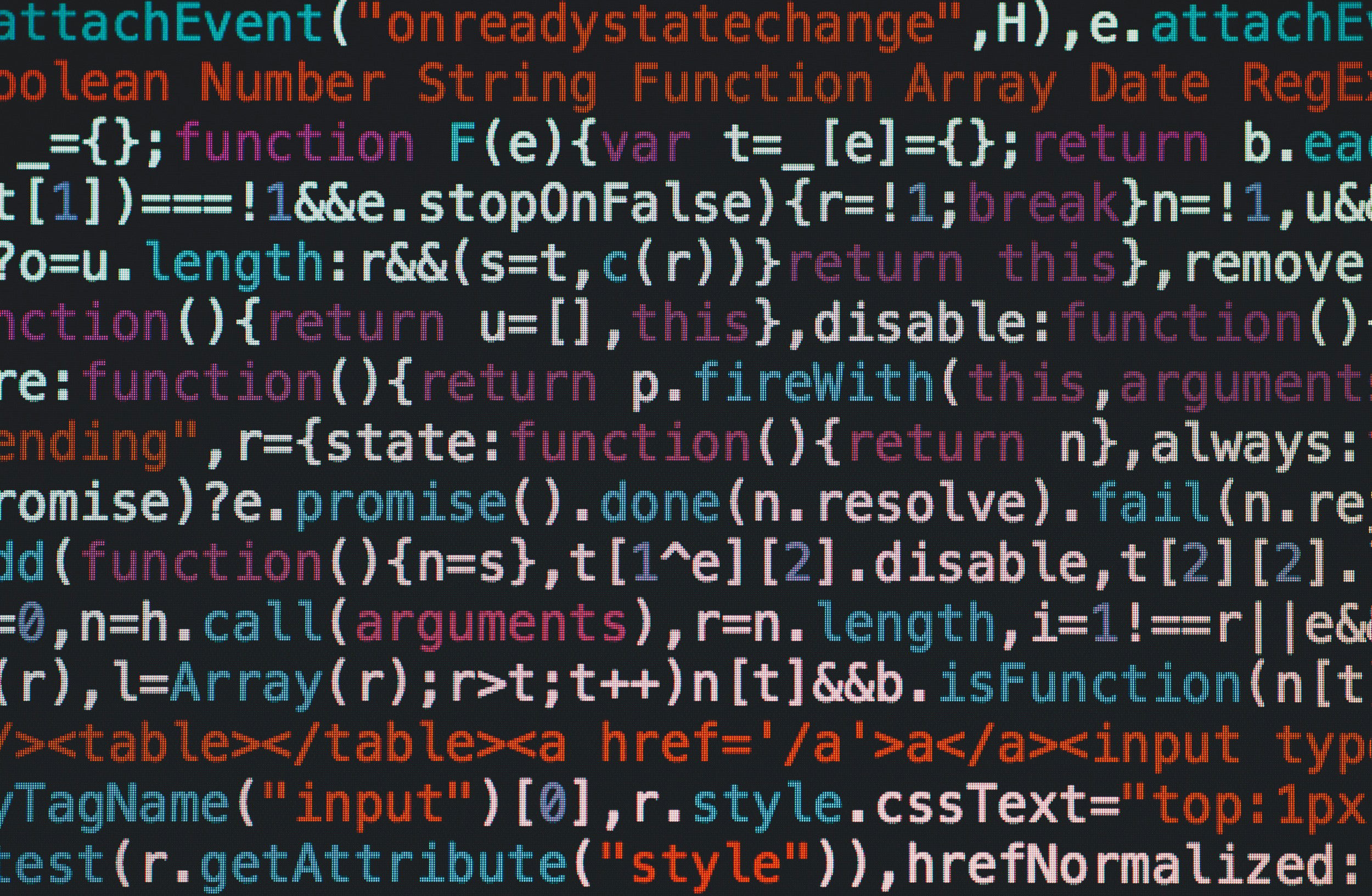Cracking the Code: How Learning to Code Benefits Children's Futures
In today's digital age, coding has become an essential skill for children to learn. As technology continues to advance, the demand for coding skills is increasing rapidly, and learning to code early in life can provide a significant advantage for children in their future careers. In this essay, we will explore 12 reasons why children need to learn coding and how it can benefit their overall development.

- Future job opportunities: In today's digital world, coding skills are highly valued by employers, and the demand for coders is increasing rapidly. Learning coding skills early in life can provide a significant advantage for children in their future job opportunities.
- Enhancing problem-solving skills: Coding requires children to think critically and creatively, as they must break down complex problems into smaller, more manageable parts to solve them.
- Developing logical thinking: Coding is a highly logical activity that involves creating sequences of instructions to achieve a specific goal. This helps children develop logical thinking and reasoning skills.
- Encouraging creativity: Coding is a highly creative activity that allows children to bring their ideas to life. They can create games, animations, websites, and much more, providing an outlet for their creativity.
- Fostering innovation: Coding skills enable children to develop innovative solutions to real-world problems, encouraging them to think outside the box and come up with unique solutions.
- Enhancing digital literacy: Coding is a fundamental skill for digital literacy, allowing children to understand how technology works and giving them a solid foundation for using digital tools and devices.
- Improving communication skills: Coding requires children to communicate their ideas and solutions effectively, helping them develop essential communication skills.
- Boosting confidence: Learning to code can be challenging, but it can also be incredibly rewarding. As children overcome coding challenges and achieve their goals, their confidence will grow.
- Encouraging collaboration: Coding is often a collaborative activity, as children work together to solve problems and achieve shared goals. This helps them develop important teamwork and collaboration skills.
- Teaching perseverance: Coding can be frustrating at times, but it also teaches children the value of perseverance and the importance of persisting in the face of challenges.
- Building a growth mindset: Coding encourages a growth mindset, where children learn to embrace challenges and view failure as an opportunity to learn and improve.
- Preparing for the future: In an increasingly digital world, coding skills are becoming essential for success. Learning to code prepares children for the future, giving them the skills they need to succeed in a rapidly changing world.

In conclusion, learning to code is an essential skill for children in today's digital world. It provides them with the necessary skills to succeed in the future, whether it be in their career or personal lives. The benefits of learning to code are significant, from enhancing problem-solving and logical thinking skills to fostering creativity and innovation. Parents and educators must prioritize teaching children how to code, as it can open up a world of opportunities for them and prepare them for success in a rapidly changing world.